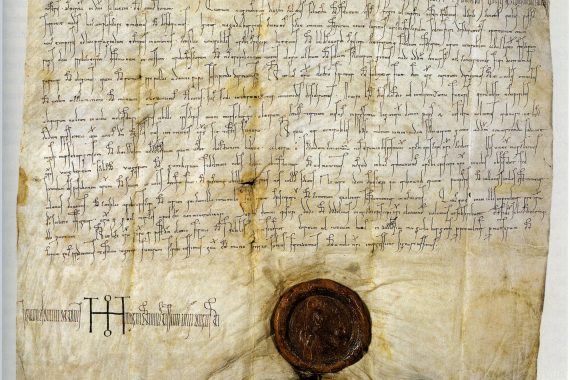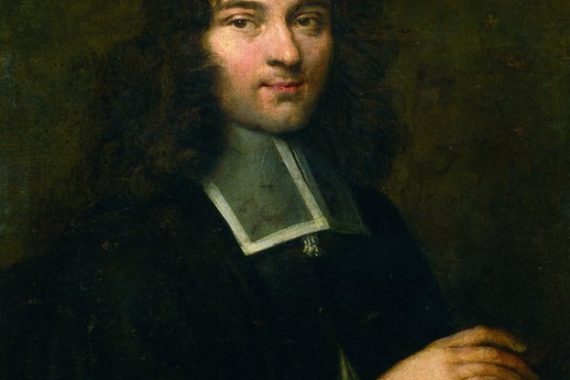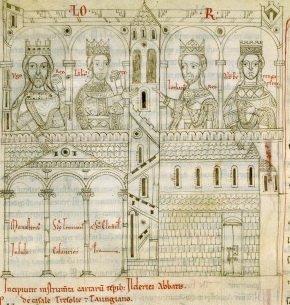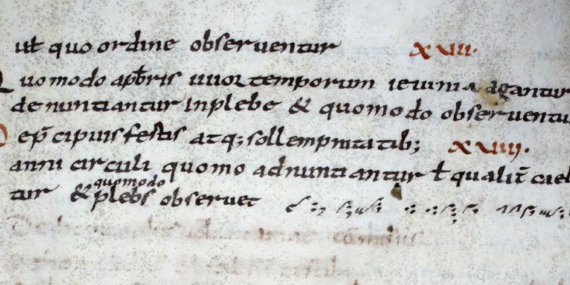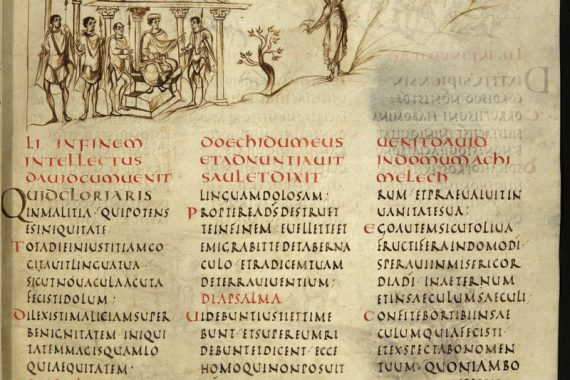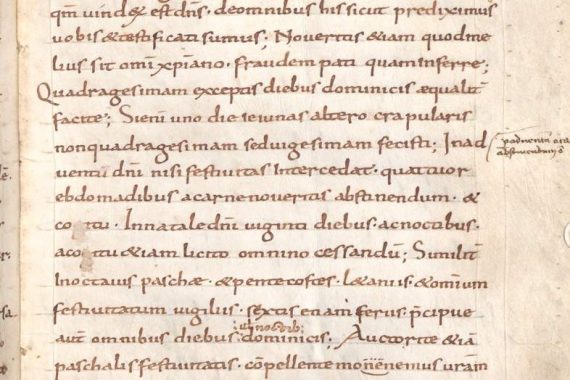The Christmas messages of tenth-century bishops
Later this month, heads of state throughout the world will deliver their Christmas messages, which tend to stress reconciliation and unity, but can also, more rarely, contain words of admonition and even invective. Although the modern ‘Christmas message’ given by heads of state on national television is a relatively recent invention, the feast has been…

